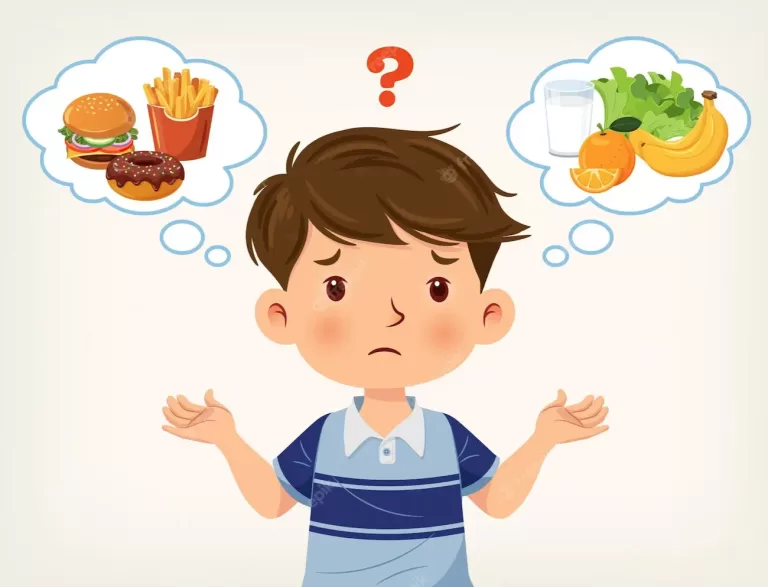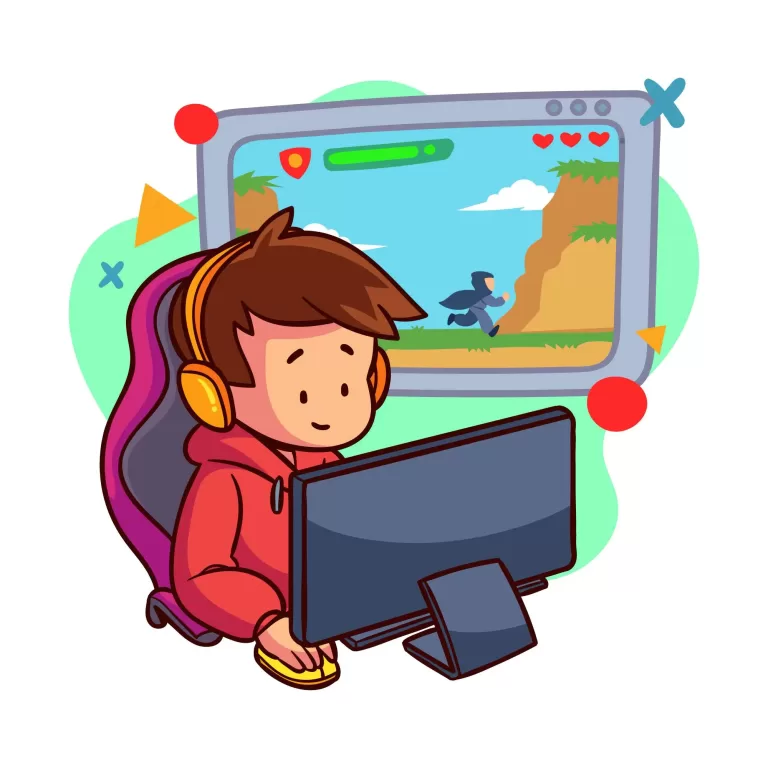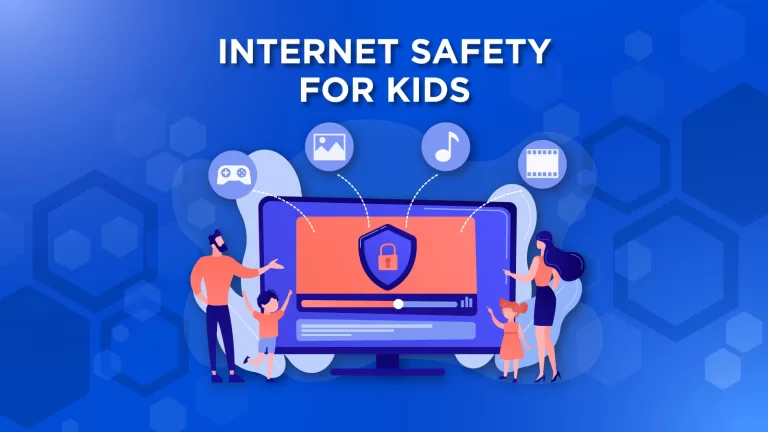Physical punishment is a common practice among parents and caregivers around the world, but it can have serious negative consequences for children’s health and well-being. Physical punishment refers to any action that causes pain or discomfort to a child, such as spanking, hitting, slapping, shaking, or pinching. It is often used as a way of disciplining or correcting children’s behavior, but research shows that it is ineffective and harmful.
The harms of physical punishment
According to the World Health Organization (WHO), physical punishment is highly prevalent globally, both in homes and schools. Around 60% of children aged 2–14 years regularly suffer physical punishment by their parents or other caregivers. In some countries, almost all students report being physically punished by school staff. The risk of being physically punished is similar for boys and girls, and for children from wealthy and poor households.
Physical punishment can have negative effects on children’s mental and physical health . Children who are physically punished are at greater risk of serious injury and physical abuse. Physical punishment can increase antisocial behaviors, such as lying, stealing, and bullying, and erode trust between a parent and child. Adults who were hit frequently as children are more likely to suffer from depression and other negative social and mental health outcomes.
Physical punishment also affects children’s cognitive and socio-emotional development. It can impair their learning abilities, memory, attention, and language skills. It can lower their self-esteem, self-confidence, and sense of security. It can make them more aggressive, defiant, and hostile towards others. It can also make them more likely to accept violence as a normal part of relationships and to use violence themselves in the future.
Physical discipline can impair children’s cognitive and language skills, attention span and motivation to learn. It can also lead to school dropout and grade repetition.
Physical discipline can damage the quality of the parent-child relationship and erode trust and respect. It can also make children more likely to experience or perpetrate intimate partner violence in adulthood.
The rights of children
Physical punishment is a violation of children’s rights to respect for physical integrity and human dignity, health, development, education, and freedom from torture and other cruel, inhuman or degrading treatment or punishment . These rights are enshrined in the Convention on the Rights of the Child (CRC), which has been ratified by almost every country in the world. The CRC obliges states to protect children from all forms of violence and to promote positive forms of discipline that respect their dignity and best interests.
The elimination of violence against children is also a key target of the 2030 Agenda for Sustainable Development. The Sustainable Development Goals (SDGs) call for ending abuse, exploitation, trafficking and all forms of violence against and torture of children by 2030 (SDG 16.2). Achieving this goal requires addressing the root causes of violence against children, such as poverty, inequality, discrimination, social norms, and lack of awareness.
The alternatives to physical punishment
Physical punishment is not only harmful but also unnecessary. There are many effective ways of guiding children’s behavior that do not involve violence or coercion. These include:
- Setting clear rules and expectations that are appropriate for the child’s age and development.
- Providing positive feedback and praise when the child follows the rules or behaves well.
- Explaining the reasons behind the rules and the consequences of breaking them.
- Listening to the child’s feelings and opinions and respecting their views.
- Helping the child to understand the impact of their actions on others and to empathise with them.
- Teaching the child problem-solving skills and conflict resolution strategies.
- Modeling non-violent behavior and communication skills.
- Seeking professional help if the child has persistent or severe behavior problems.
These positive parenting practices can help children develop self-control, responsibility, empathy, cooperation, and respect for others. They can also foster a warm and supportive relationship between parents and children that enhances their well-being.
Read: Effective alternative punishments for children
What to do if you have a tendency to lash out?
Lashing out at others can be a sign of emotional distress, frustration, or anger. It can also damage your relationships and hurt the people you care about. If you have a tendency to lash out, here are some tips that may help you cope:
Identify your triggers
What situations or feelings make you want to lash out? Is it stress, anxiety, fear, boredom, or something else? Try to keep a diary of your lashing out episodes and note down what triggered them. This can help you avoid or prepare for those situations in the future.
Find healthy ways to express your emotions
Instead of lashing out at others, try to find other ways to vent your feelings, such as writing, drawing, exercising, meditating, or talking to a friend. You can also use a fidget toy, squeeze a stress ball, or sit on your hands to distract yourself from the urge to lash out .
Apologize and make amends
If you do lash out at someone, don’t ignore it or pretend it didn’t happen. Acknowledge your mistake and apologize sincerely. Try to explain why you lashed out and what you are doing to prevent it from happening again. You can also offer to do something nice for the person you hurt, such as buying them a coffee, giving them a hug, or doing them a favor.
Seek professional help
If your lashing out is frequent, severe, or affecting your life negatively, you may benefit from seeing a therapist who can help you understand and manage your emotions better. You may have an underlying condition that causes you to lash out, such as borderline personality disorder (BPD), depression, or anxiety . A therapist can also teach you coping skills and strategies to deal with your triggers and communicate more effectively with others.
Conclusion
Physical punishment is a widespread but harmful practice that violates children’s rights and damages their health and development. It should be replaced by positive parenting practices that respect children’s dignity and best interests. By doing so, we can create a safer and healthier environment for children to grow up in.








How physical punishment affects children